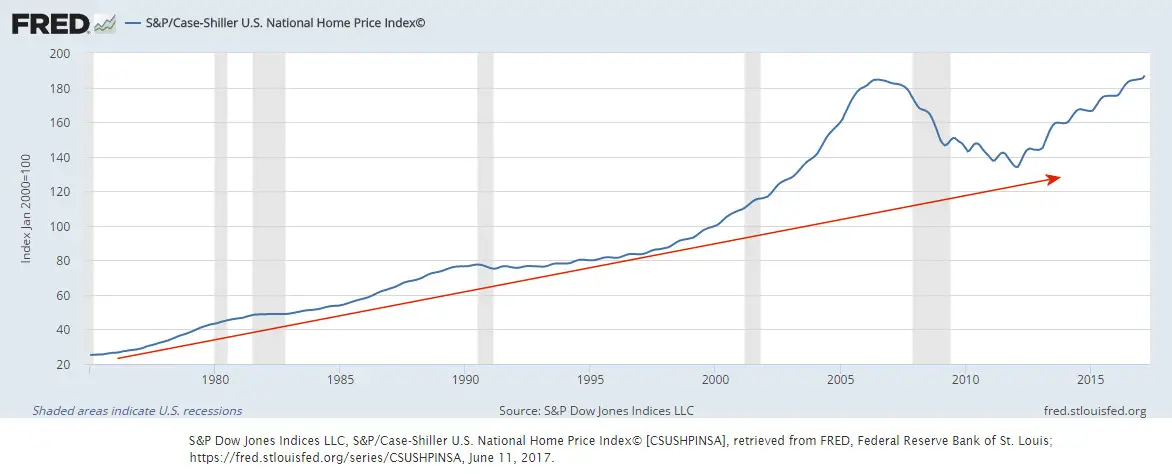DudleySmith
Diamond Member
- Dec 21, 2020
- 21,687
- 15,471
lol obviously a lot of people spend too much time in Freeperville ... Herbert Hoover was also one of those reviled 'Progressives', hung out at their salons in Washington, and advocated a lot of progressive programs.
